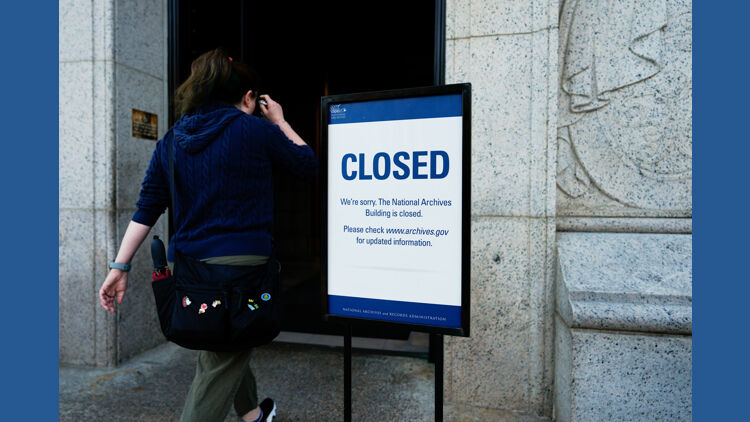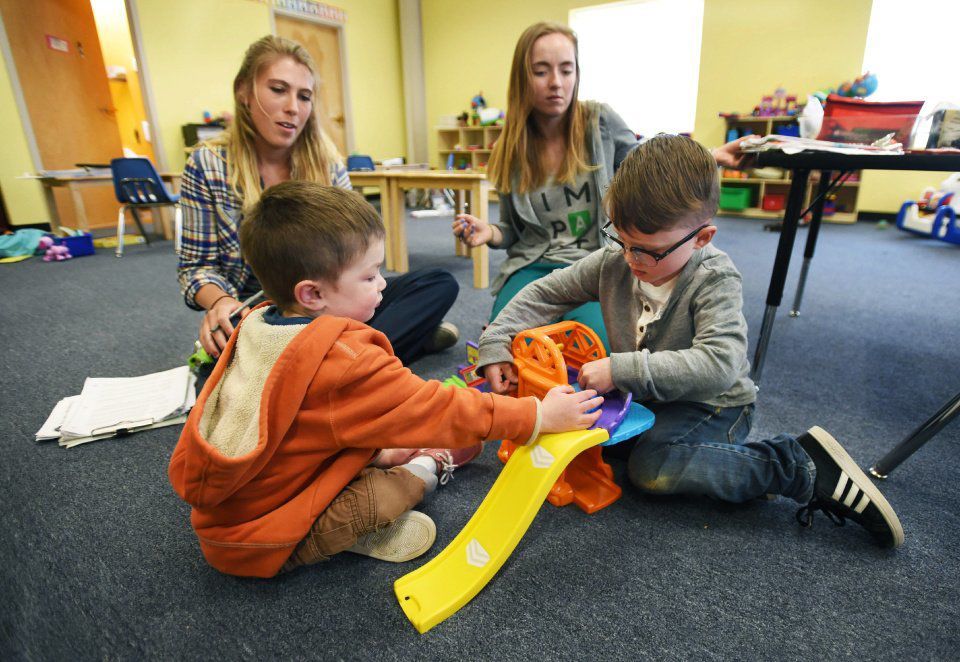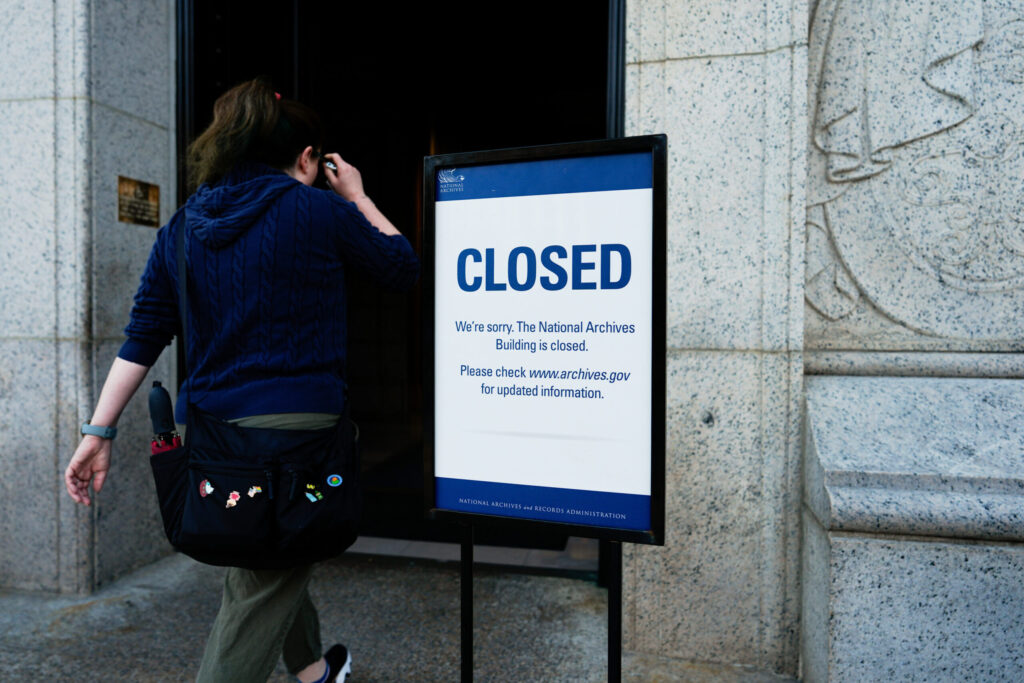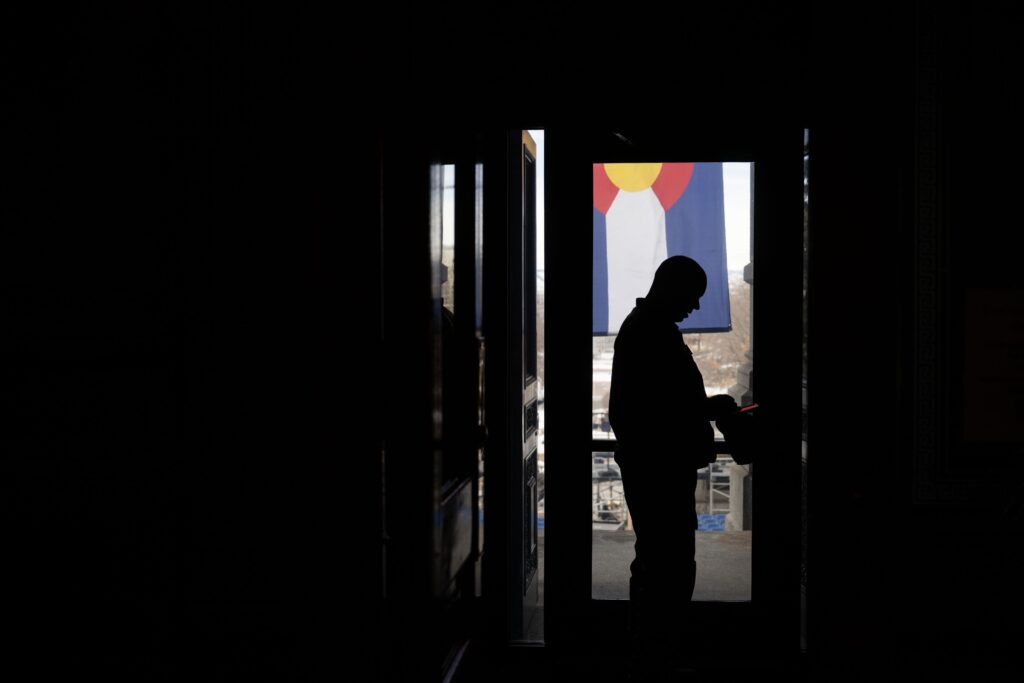Victims’ families laud felony DUI law
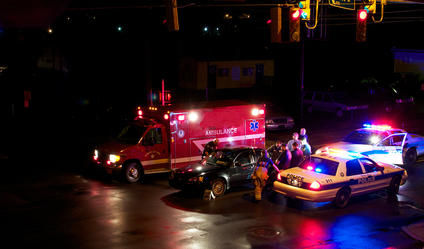
After two years of failing to persuade state lawmakers to pass a felony drunken-driving bill, Deb Grenske wondered whether she could handle yet another disappointment as the legislation was being debated again earlier this year.
“I told my husband I didn’t know how many times I could go to the Capitol and look at these people and not see them pass it,” she said.
The Longmont woman had been advocating for the legislation since her son, Geoffrey, was involved in a wreck with a drunken driver in 2012.
Geoffrey, who was 17 at the time, survived the crash. But he suffered injuries as a result of a crash caused by a driver who had five prior DUI arrests.
“This whole feeling of wanting safety for your kids when you send them out on the road, and then to know there are people out there who have 6 and 10 and 12 DUIs out there and nothing was being done to stop them, is frightening,” she said.
For Grenske and others whose lives have been shattered by drunken drivers, “justice” came finally came this year. The Legislature passed a bill that creates a felony for drivers who rack up multiple DUIs.

State law had previously allowed for only misdemeanor penalties, regardless of the number of convictions. Prior to the law, Colorado was among just a handful of states that did not have a felony DUI law.
The bill was signed into law by Gov. John Hickenlooper in June and took effect Wednesday.
“We finally reached a point where we say enough is enough,” said Fran Lanzer, executive director of Mothers Against Drunk Driving Colorado. “If you continue to drive drunk, we need to have options, and one of them is, we’re going to take you off the road for a while.”
Convictions could mean prison
The law creates a felony for a fourth DUI conviction, with punishments ranging between two and six years behind bars.
Judges will have discretion at sentencing, but they are required by law to decide whether all reasonable sentencing options have been exhausted before prison can be considered.
The law also strengthens penalties for initial DUI convictions. Drivers who receive their second conviction will be required to install an ignition interlock device in their vehicles, which requires a driver to demonstrate sobriety prior to operation.
A third conviction will result in strict community-correction involvement.
The Colorado law has layers involved that supporters say give drivers multiple opportunities to change their ways before they end up in prison.
“It gives somebody a chance to be successful on probation,” said Former House Minority Leader Mark Waller, R-Colorado Springs, who sponsored the effort in two previous legislative sessions.
“The difference between going to prison and jail is huge. The point wasn’t to lock a bunch a people up and throw away the key, it was for people to have the incentive to get their life right.”
The path to the bill becoming law was not an easy one. Waller’s first two attempts to get the legislation through the Capitol were thwarted by lawmakers who had concerns over the bill’s hefty cost of incarceration and court administration.
This year’s bill passed partly because sponsors reduced the cost to the state to $1.4 million for the first fiscal year. But that cost will rise to $4 million and then $8 million over the next two fiscal years, according to an analysis by the nonpartisan Colorado Legislative Council.
“Any bill that’s going to have an increase in the (Department of Corrections) budget can be tough in this fiscal environment,” said Lanzer.” “The difference was we made compromises to get it through.”
This year’s bill had overwhelming bipartisan support. The bill started in the House, where it was sponsored by Republican Rep. Lori Saine of Dacono and Democratic Rep. Beth McCann of Denver.
“With this new law, prosecutors and judges will have more options to get the message across that drunk driving will not be tolerated in our state,” McCann said in a press statement.
Lawmakers insist the bill would not have passed without the tenacity of DUI victims who testified at numerous legislative committee hearings over the last three years.
A family still grieves
Grenske was one of them, but she said the credit should be given to a family who lost three loved ones in a DUI crash earlier this year – just days after the bill was introduced at the Capitol.
On Jan. 25, Gilbert Martinez and his wife and two young boys were traveling home from church on Weld County’s Highway 85, near La Salle, when a repeat DUI offender barreled his vehicle into the Martinez family’s car.
Gilbert, 37, Ethan, 6, and Bryson, 1, were killed in the crash.
Rigoberto Macias Marquez, 44, who was intoxicated and driving in the wrong lane, also died that evening.
The Martinez family, still grieving from the loss, testified at committee hearings in support of the bill.
“They are an amazing family,” Grenske said. “I can’t tell you how much respect I have for them after everything they went through.”
“It took the Martinez family for this bill to finally go through.”
Frank Martinez of Loveland, Gilbert’s uncle, recalled what it was like to testify at the Capitol, just weeks after his family had endured such a tragedy.
“The one word that really comes to mind is numb,” he said. “I just felt numb at the time because we were just so shocked at what had happened.”
Six months after the crash, the family still grieves.
“I’d like to say we’re fine, but that wouldn’t fit,” Martinez said. “We’re getting by and doing the best we can. The family still feels the pain. It’s still pretty raw right now.”
Martinez said “justice was served” once the bill was signed into law. And he hopes the law will prevent future tragedies.
Still, he wonders if his nephew and his two young boys would be alive today, had this law been in place years ago.
“He probably would have been sitting in prison way before this happened,” Martinez said of the man who took away his three loved ones.
– Twitter: @VicVela1



